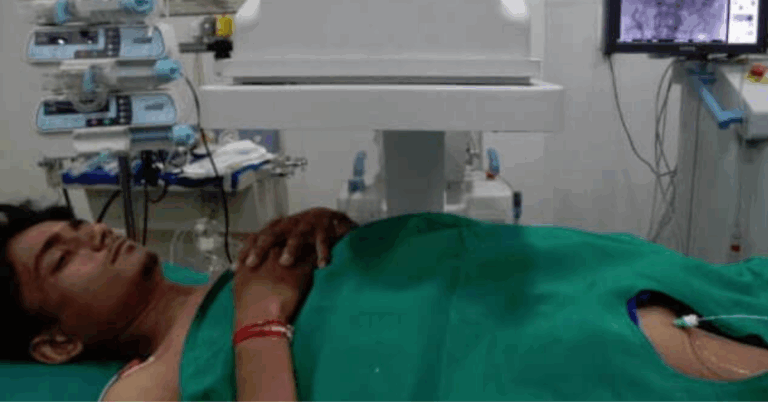The Role of Social Media in Health Education
Social media platforms offer a dynamic and accessible avenue for health education dissemination. By leveraging the reach and interactive nature of social media, health information can be distributed swiftly to a wide audience. This immediacy fosters real-time communication and engagement, enabling healthcare providers to connect with individuals in an efficient and impactful manner.
Moreover, social media facilitates the creation of online health communities, where individuals can share experiences, advice, and resources. These virtual spaces provide a sense of support and solidarity, empowering users to actively participate in their health and well-being journey. Through collaborative learning and peer support, social media platforms contribute to the democratization of health information, making essential knowledge more inclusive and readily available.
Challenges of Utilizing Social Media for Health Education
One challenge in using social media for health education is the prevalence of misinformation and false content. With the vast amount of information shared on various platforms, it can be difficult for individuals to discern accurate health information from misleading or incorrect details. This can lead to confusion and potentially harmful decisions regarding one’s health and well-being.
Another obstacle is the lack of personalization and individualized guidance. While social media can reach a wide audience, the information shared is often generic and may not address the specific needs or concerns of each individual. Without tailored guidance, individuals may struggle to apply the health information to their own circumstances, limiting the effectiveness of using social media for health education.
What are some benefits of using social media for health education?
Some benefits of using social media for health education include reaching a large audience, engaging with users in real-time, and sharing easily accessible information.
What are some challenges of utilizing social media for health education?
Some challenges of utilizing social media for health education include ensuring the accuracy of information, dealing with misinformation, and reaching marginalized populations.
How can one overcome the challenge of ensuring the accuracy of information on social media?
To overcome the challenge of ensuring the accuracy of information on social media, it is important to verify sources, cite reputable sources, and fact-check information before sharing.
How can health educators address the issue of misinformation on social media?
Health educators can address the issue of misinformation on social media by actively monitoring and correcting false information, providing accurate information in a clear and easily understandable manner, and promoting critical thinking skills among users.
What strategies can be used to reach marginalized populations through social media for health education?
Strategies to reach marginalized populations through social media for health education include partnering with community organizations, utilizing targeted advertising, providing information in multiple languages, and creating culturally sensitive content.






